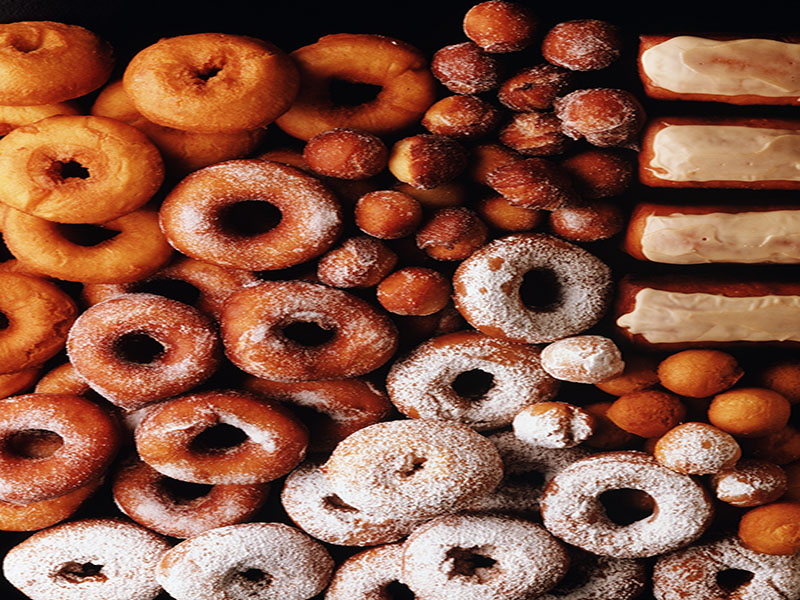Sleepless Night Could Make Morning Pastries Tougher to Resist
By Maureen SalamonHealthDay Reporter

MONDAY, Dec. 17, 2018 (HealthDay News) -- There's a reason that glazed donut might seem even more enticing if you're sleep-deprived: A new study suggests that even one night of lost slumber increases the desirability of junk foods.
But the culprit doesn't appear to be an increase in ghrelin -- the so-called "hunger hormone" -- which has been implicated in prior research focusing on sleep deprivation and poor food choices.
"Our results show that the idea that sleep deprivation leads to poor food choices because of a hormonal dysregulation is probably too simple," said study author Jan Peters. He's a professor of biological psychology at University of Cologne in Germany.
"We know from many previous studies that reduced sleep increases obesity risk and also that people tend to get less and less sleep," Peters added. "Our results now show a neural mechanism that might contribute to the association between reduced sleep and weight gain."
One in 3 American adults doesn't get enough sleep on a regular basis, according to the U.S. Centers for Disease Control and Prevention. Getting less than the recommended seven hours each night is linked to increased risks for obesity, diabetes, high blood pressure, heart disease and stroke, the CDC says.
For the study, Peters and his team analyzed 32 healthy, young, nonsmoking men of normal weight. They took blood samples and performed functional MRIs after the participants had a normal night of sleep at home and also a night where they were kept awake in a laboratory. On both nights, the men ate a standardized dinner.
The next morning, participants chose between snack food and trinkets (non-food items) during a decision-making task. It showed they were willing to spend more money on food items only after a night of sleep deprivation. The men's self-rated hunger levels were similar after both nights.
After a night of lost sleep, the participants' brain images showed increased activity in a circuit between the amygdala and hypothalamus, which is involved in food intake. This suggests sleep loss increased the desirability of food compared to non-food rewards, Peters said.
Connie Diekman is director of university nutrition at Washington University in St. Louis and wasn't involved in the new research. She said she was somewhat surprised changing hormone levels weren't shown to be linked to participants' poor food choices, but that the study wasn't able to determine cause and effect.
Despite the study's limitations, Diekman said, it did provide an important message: "It might help people realize that quantity and quality of sleep is key to your health and the behaviors you choose related to health.
"The benefit of the outcome of the study is it does put some of the responsibility in people's laps, as opposed to a metabolic trigger that allows people to say, 'Oh, it's not my fault,'" she said.
The study was published Dec. 17 in the Journal of Neuroscience.
More information
The U.S. National Heart, Lung, and Blood Institute offers more on sleep deprivation.

The news stories provided in Health News and our Health-E News Newsletter are a service of the nationally syndicated HealthDay® news and information company. Stories refer to national trends and breaking health news, and are not necessarily indicative of or always supported by our facility and providers. This information is provided for informational and educational purposes only, and is not intended to be a substitute for medical advice, diagnosis, or treatment.

